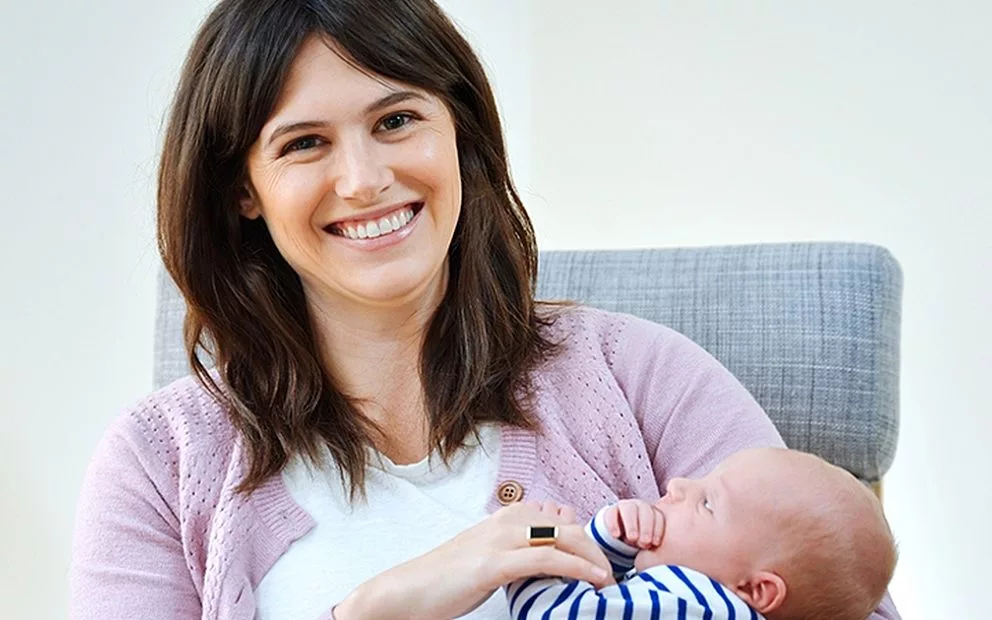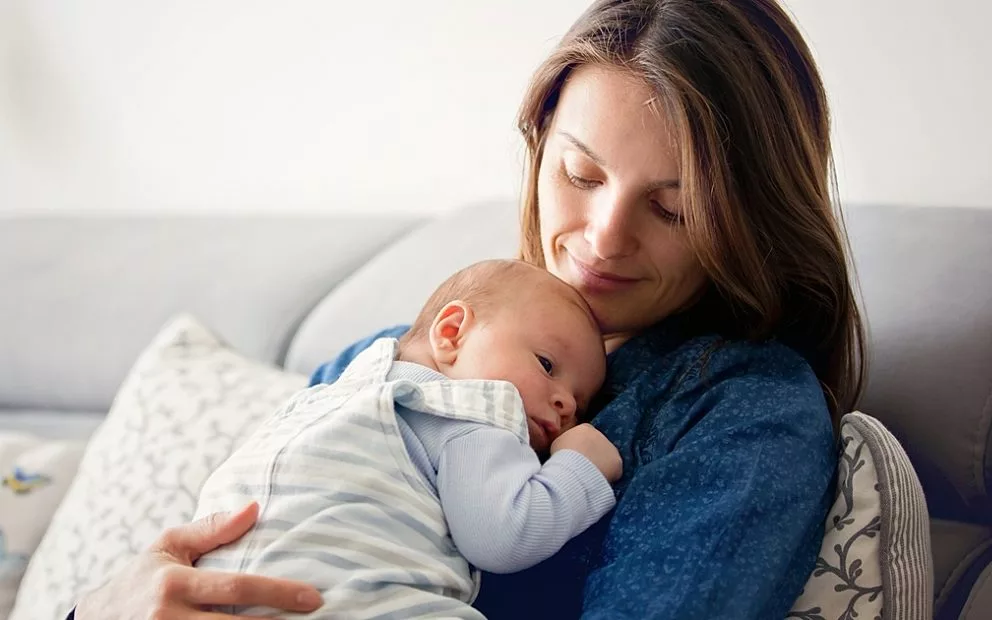Liam Richards’ life so far has been far from easy.
Born nine weeks preterm, weighing just 790 grams and still needing open heart surgery, Liam has spent the entirety of his six-week life in a neonatal intensive care unit at Adelaide’s Women’s and Children’s Hospital.
Fortunately for Liam and his family he’s breast feeding well and gaining weight.
“The nurses here have shown me how important it is for him and how far he’s come because of it.”
Jenny Gilles, a WCH neonatal nursing/midwife educator, says breastmilk reduces the risk of health complications in preterm babies.
“It increases immunity, is high in nutrients and easy for their immature digestive systems to process,” she said.
For a variety of reasons, breastfeeding isn’t possible for many mothers and their babies, but now, for the first time in South Australia, they have access to pasteurised donor breast milk thanks to co-operation between the South Australian Health and Medical Research Institute (SAHMRI), SA Health and the Australian Red Cross Blood Service.
Chief Executive of the Australian Red Cross Blood Service, Ms Shelly Park, says her organisation has demonstrated the skills and expertise needed to safely collect, test, process, store and distribute donor breast milk.
“Our Milk Bank will mean neonatal nurseries will be able to order pasteurised breast milk on demand, just as they currently do for blood, to help these premature babies,” she said.
Researchers from SAHMRI's Women and Kids Theme have helped implement and regulate the Milk Bank during its foundation and will continue to be involved with assessment of the initiative, with plans to expand it nationally.
“We’re so proud to have been able to play a part in this service,” said Theme leader, Professor Maria Makrides.
“Having the Milk Bank operating at the Women’s and Children’s Hospital and Flinders Medical Centre also opens up a range of exciting research opportunities, which will hopefully lead to better health outcomes for babies everywhere.”
As Kerry nurses six-week-old Liam, she’s grateful she won’t need the Milk Bank, but eager to help those who do.
“Yeah. Yeah, I would,” she said.
“It’s really important for all the benefits babies get from breast milk. There are a lot of people here in worse situations than us and if I can help them I will.”



